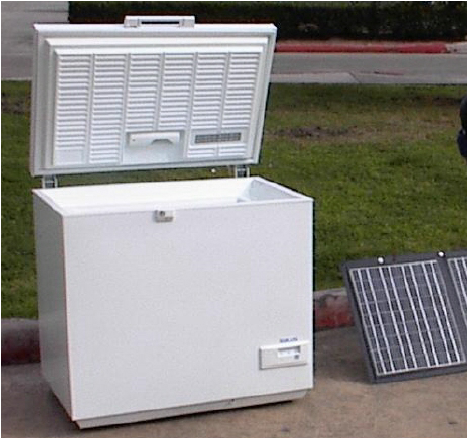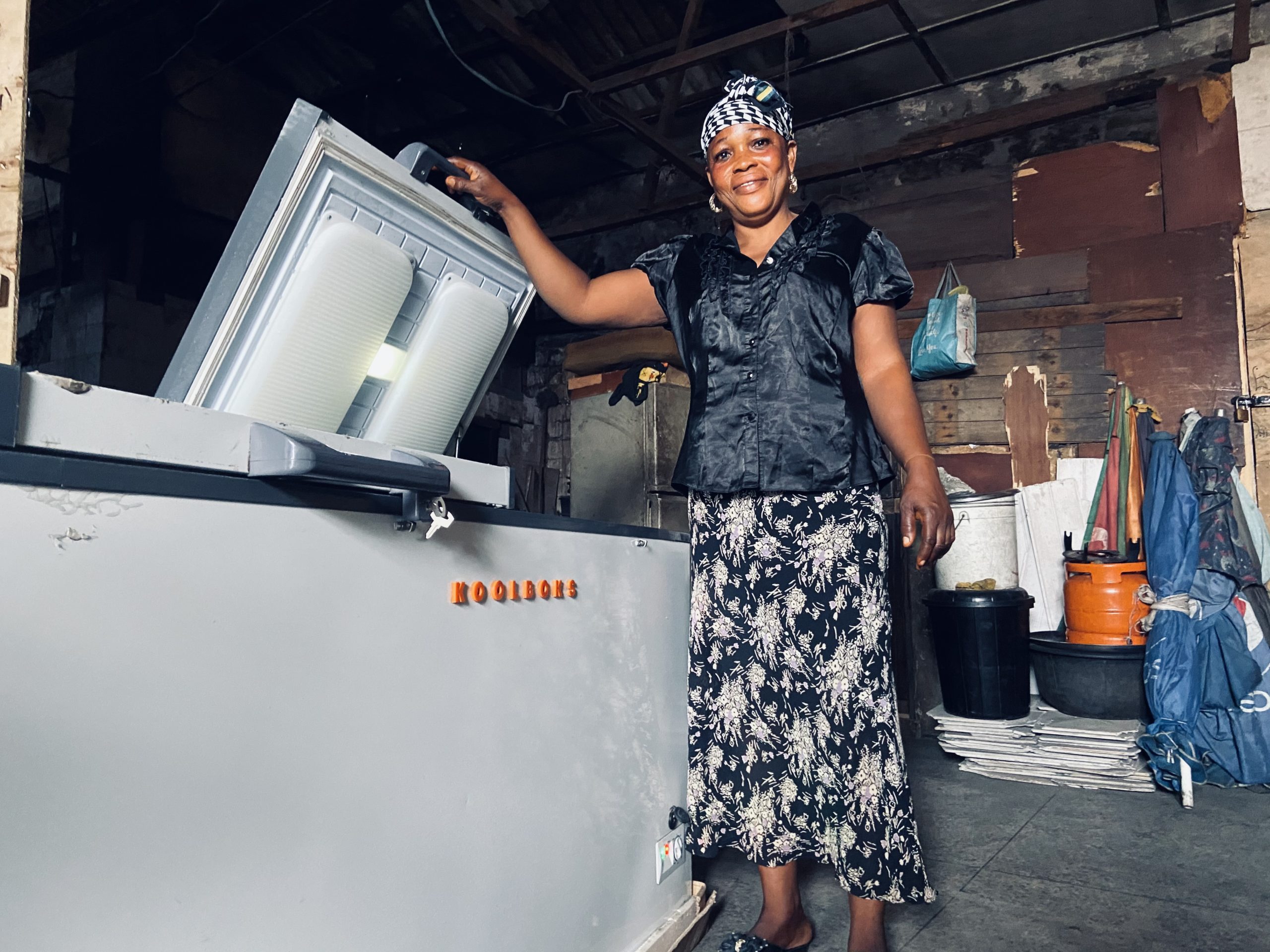Get reliable cooling with a solar refrigerator powered by renewable energy.
Unlocking the Potential: How Solar Fridge Can Change Your Power Usage
The appearance of solar fridges provides a compelling opportunity to reshape our approach to power intake. By properly using sustainable solar power, these systems promise not just to lower dependancy on traditional energy sources yet likewise to improve food conservation and safety, especially in underserved regions. As we discover the ins and outs of how solar refrigerators run and their broad-ranging advantages, it ends up being evident that their assimilation into everyday life can result in significant advancements in sustainability. What continues to be to be taken a look at are the useful ramifications and choices consumers need to think about in this evolving landscape.
How Solar Refrigerators Work
Solar fridges operate by taking advantage of solar power to power their cooling devices, effectively utilizing renewable energies to preserve reduced temperatures. These systems generally contain solar (PV) panels that convert sunshine right into electrical power. This electricity is then utilized to run the compressor, follower, and various other components vital for refrigeration.
The primary mechanism in a solar refrigerator is the vapor-compression cycle, similar to traditional refrigerators. In the evaporator, the refrigerant takes in warm from the interior of the refrigerator, therefore reducing its temperature.
Solar refrigerators may also incorporate battery storage space systems, allowing them to operate during non-sunny hours or in over cast problems. This makes certain a continuous cooling result, making them suitable for various applications, specifically in remote locations lacking access to dependable electrical power. By incorporating solar modern technology, these refrigerators add to energy effectiveness and sustainability in food storage space and conservation.
Key Advantages of Solar Refrigeration
The combination of solar technology into refrigeration systems offers various benefits that prolong beyond simple power cost savings. By taking advantage of renewable solar power, these systems minimize dependence on fossil fuels, adding to a much more sustainable atmosphere.

Moreover, using solar power can bring about energy self-reliance, enabling customers to generate their own power and reduce susceptability to varying power rates. On the whole, the fostering of solar refrigeration provides a diverse service that not only addresses energy usage but also advertises ecological sustainability and improves food preservation capacities in underserved areas.
Power Cost Savings and Efficiency
With the climbing prices of energy and increasing recognition of ecological issues, power financial savings and effectiveness have come to be essential factors to consider in refrigeration innovation (solar refrigerator). Solar refrigerators utilize renewable resource resources, considerably decreasing reliance on standard electrical power grids. By harnessing solar click here to read energy, these systems minimize power consumption, making them a financially feasible option for both property and commercial applications
The layout of solar refrigerators includes sophisticated insulation materials and energy-efficient compressors, which make sure optimal performance while making use of very little click here to read power. Lots of solar refrigerator versions also feature programmable setups and smart modern technology that enable customers to keep track of and take care of energy usage properly. This intelligent layout leads to reduced power bills and lower functional costs with time.
Furthermore, solar fridges are geared up with batteries that keep excess power generated during warm days, making it possible for constant procedure even during periods of low sunshine. This capability improves their performance, ensuring that food and subject to spoiling items are consistently maintained risk-free temperature levels.
Ecological Influence and Sustainability
Harnessing eco-friendly energy not only improves energy cost savings however additionally significantly adds to ecological sustainability. solar refrigerator. Solar fridges run on tidy, renewable resource resources, lowering reliance on fossil fuels that add to greenhouse gas emissions. This shift in power intake mitigates climate modification effects and promotes a healthier world

In addition, solar refrigerators are specifically helpful in remote areas where power access is minimal or non-existent. By offering a sensible refrigeration option without the need for substantial infrastructure, they promote lasting development in underserved neighborhoods. This accessibility not just boosts food safety and security yet also minimizes food spoilage, consequently reducing waste.
Selecting the Right Solar Refrigerator
Choosing the excellent solar fridge requires careful consideration of various variables to guarantee optimum efficiency and efficiency. First, assess the power requires based upon your consumption patterns. Determine the complete wattage required to keep your products cool, which helps in picking an unit with an ideal photovoltaic panel dimension to meet these demands.

Another important aspect is the sort of solar refrigerator-- compressor or absorption. Compressor models are usually much more reliable and better suited for settings with varying temperature levels, while absorption refrigerators might be more suitable for off-grid applications as a result of their simplicity.
Last but not least, make sure the unit has trusted solar components, consisting of panels, batteries, and a cost controller, to guarantee long-lasting capability. By very carefully considering these aspects, you can pick a solar refrigerator that lines up with your power objectives and contributes to sustainable living.
Verdict
In summary, solar fridges stand for a significant improvement in power intake, offering a sustainable choice to standard refrigeration approaches. By harnessing solar energy, these systems not only minimize dependence on nonrenewable fuel sources yet additionally boost food safety and security and reduce ecological influence. The assimilation of innovative innovations guarantees efficiency and cost-effectiveness, promoting energy independence. As the adoption of solar refrigeration increases, a transformative shift in the direction of cleaner energy methods and decreased food waste is expected, contributing positively to worldwide sustainability efforts.